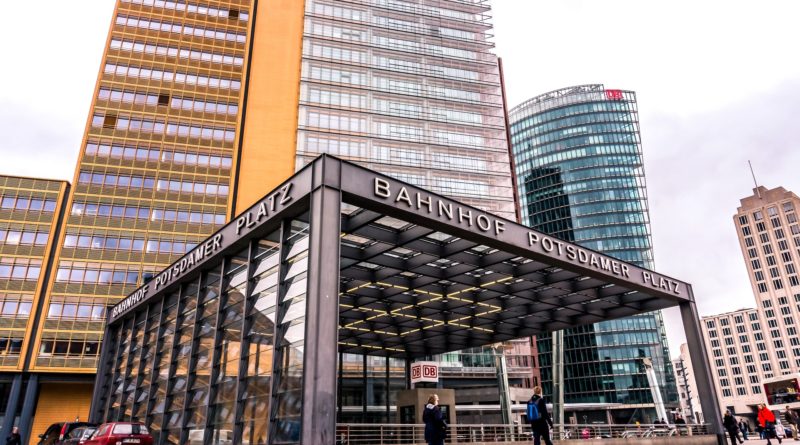German industry associations warn about UK post-Brexit immigration rules
Associations representing German industries and employers called on the UK to adopt fair immigration rules for EU nationals after Brexit, matching at the very least the EU system for non-EU nationals.
The BDI (Federation of German Industries), the BDA (Confederation of German Employers’ Associations) and the vbw (Bavarian Industry Association) published this week a paper with guidelines to help German companies prepare for Brexit. Some of the 111 questions and recommendations are related to the future of labour mobility.
As free movement of people will end between the UK and the EU, business organisations argue that German companies should be able to send employees to their UK offices in a similar way British companies will be able to send employees to their offices in the EU. From this perspective, while future UK rules are unknown, British employers and workers can already count on the EU legal framework applying for people from outside the EU.
At present, different EU rules apply to ‘third country nationals’ (the status British citizens will have once the UK leaves the Union), depending on whether they are workers, students and researchers, highly skilled professionals, seasonal workers, employees relocated within a multinational company, or family members. Each directive provides a different set of rights, and these apply irrespective of whether they are reciprocated in the country of origin. German associations say the UK should at least match these rules.
The EU framework for non-EU nationals, however, does not cover service providers, who would fall under the World Trade Organization rules, and groups such as low and medium skilled workers, jobseekers, retired or self-sufficient persons, who would depend on the national rules of the host country.
German industry associations also warn that this complex framework does not include the coordination of social security (i.e. health and pensions), while within the EU single market periods of pension contributions can be accumulated across countries.
In absence of other arrangements, business associations warn that there could be a return to bilateral rules of the 1960s. This would mean that, for example, posted workers who are sent on temporary assignments from Germany to the UK or vice versa will be subject to both social security systems. This option would cause enormous costs, so German employers call for rules on social security that are as close as possible to the status quo.
“After Brexit, it must be as easy for German companies to send employees to their subsidiaries in the UK as it is for British companies and other third countries to send employees to the European Union. We expect the British to make their national regulations as generous as the EU on this point at the summit at the end of June. That would be a fair partnership,” said Ingo Kramer, President of the Confederation of German Employers’ Associations BDA.
“In addition, social security systems must continue to be coordinated. For example, it is essential for German companies that their workers temporarily posted to the UK can remain in the German system and be exempt from social security contributions in the UK. Without an agreement we will be thrown back to 1960 regulations with the threat of expensive double insurance systems and high administrative costs. That would no longer make Britain an attractive business location for German companies. No one can desire that,” he argued.
In an earlier paper, BDA said that mutual access to the labour market post-Brexit should not be “complicated by bureaucratic and burdensome legal requirements”. Rules should be agreed at the EU level, as bilateral agreements negotiated by the UK with each individual country would cause huge costs for companies.
In addition, BDA called for the mutual recognition of professional qualifications and the inclusion of low-skilled workers in the future deal. The role of British employees in European Works Councils, which are bodies representing the European employees of a company, should also be redefined.
BDA says that Brexit talks so far have clarified many issues related to people who have moved to both sides of the Channel. But this chapter of the negotiations is not completed. Business groups urged every company, whether directly or indirectly impacted, to start preparations for Brexit and inform their staff on expected residence permit requirements.
In a statement this week, the Federation of Belgian Enterprises (FEB) said that British proposals on the future relationship with the European Union are “long overdue”. The Federation stressed that “businesses need certainty and must be able to prepare for and adapt to the future relationship between the two parties.”
Claudia Delpero © all rights reserved. Translations by Birgit Neubert.
Photo courtesy Pixabay.




